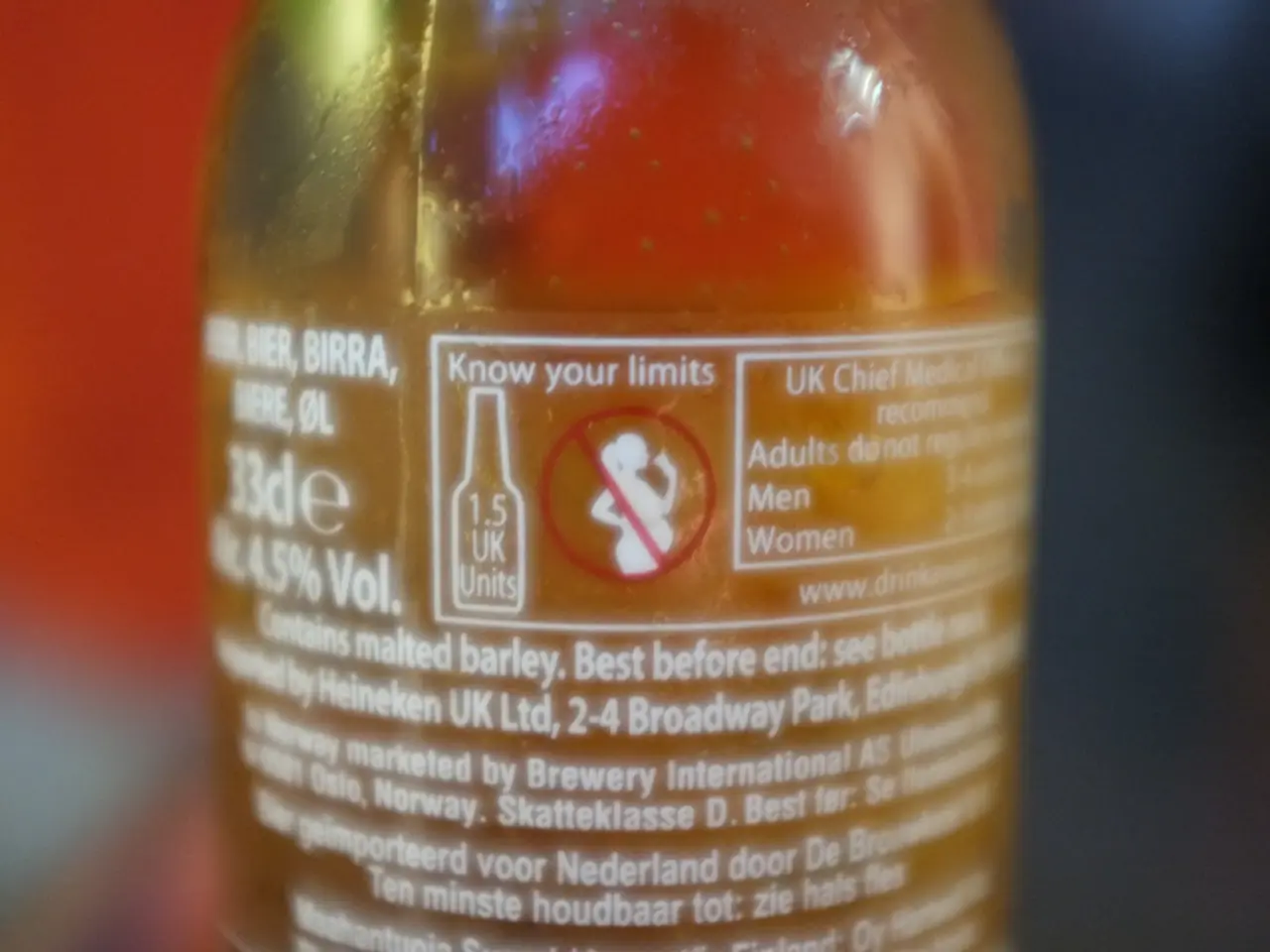Energy Drinks and Childhood Mental Health Problems: Exploring a Possible Connection
==================================================================
Energy drinks, popular among teenagers, have been linked to a range of mental health issues in children and adolescents.
A growing body of research indicates that the high caffeine content in energy drinks can lead to increased irritability, restlessness, anxiety, changes in brain chemistry, and exacerbation of symptoms in those with ADHD, anxiety, or depression.
One study by the University of Miami found a higher risk of problematic behaviour, such as aggression and attention problems, in adolescents associated with energy drink consumption.
Caffeine, a stimulant found in high concentrations in energy drinks, can disrupt sleep patterns, leading to insomnia or poor-quality sleep in children. This disruption can further contribute to mood disturbances, behavioural problems, and sleep disorders.
Moreover, teens consuming energy drinks while on medications for ADHD, anxiety, or depression may face heightened risks due to stimulant interactions.
Despite these risks, up to one-third of American teens regularly consume energy drinks. Emergency room visits related to caffeine exposure and energy drink consumption among adolescents have notably increased, highlighting public health concerns.
Pediatric experts, including the American Academy of Pediatrics, strongly advise against energy drink consumption by anyone under 18 due to these health risks.
Excessive caffeine consumption can have adverse effects on the developing brains and bodies of children. In children, excessive caffeine consumption can result in restlessness, irritability, and difficulty concentrating.
Several studies have suggested a potential link between energy drink consumption and the development of mental health issues in children. When children do not get enough sleep, it can negatively impact their mood, memory, and overall mental health.
Educating children about the potential negative effects of excessive caffeine consumption on their mental and physical health is crucial. Parents should limit access to energy drinks and monitor their children's consumption of caffeinated beverages. Encouraging healthier beverage choices can help reduce the reliance on energy drinks in children.
The energy drink industry should provide clearer labeling and warnings about the potential risks associated with their products. Stricter regulations and industry responsibility are necessary to protect children from potential harm caused by energy drinks.
Regulatory bodies should consider stricter regulations regarding the marketing and sale of energy drinks to minors. Caffeine stimulates the central nervous system, which can increase heart rate, blood pressure, and anxiety levels in children.
In conclusion, energy drink consumption in children and adolescents carries significant risks to mental health by promoting anxiety, irritability, sleep problems, and behavioural issues, particularly for those with preexisting mental health conditions or on psychiatric medications.
- Mental health problems and sleep disturbances are potential risks for children who consume energy drinks, as suggested by numerous studies.
- Fitness and exercise, coupled with proper nutrition, can help counterbalance the negative effects of energy drinks on children's mental and physical health.
- Science indicates that energy drink consumption can exacerbate symptoms in individuals with ADHD, anxiety, or depression, and can also contribute to changes in brain chemistry.
- Health and wellness advocates emphasize the importance of educating parents about the dangers of energy drink consumption for children and encourage healthier beverage choices to minimize their reliance on these drinks.




